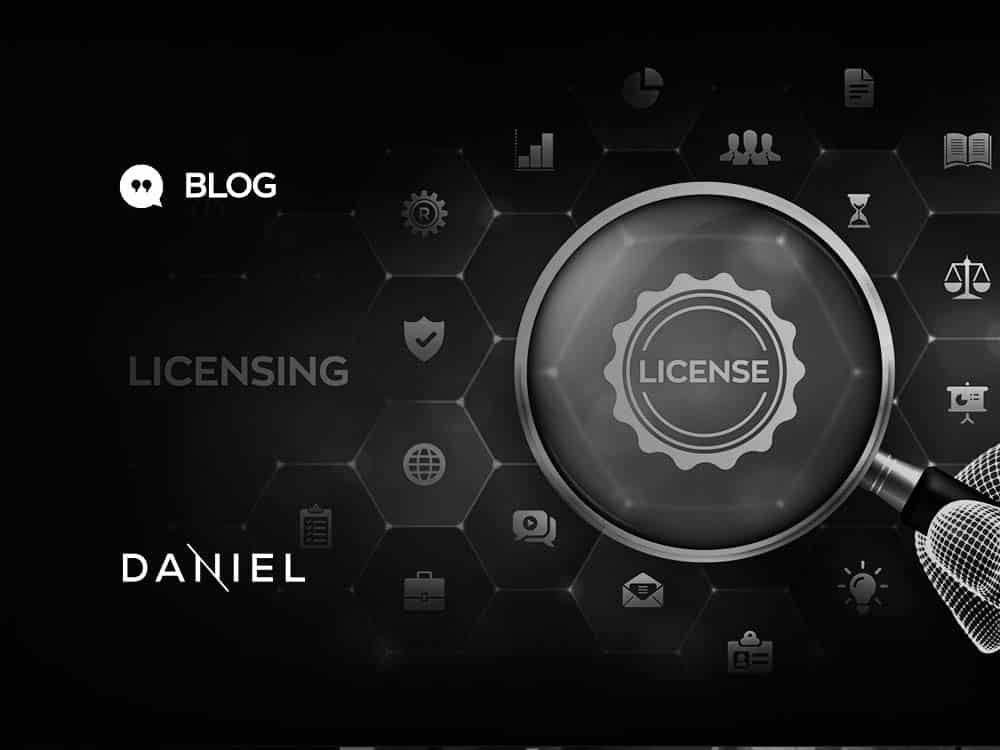Are you interested to learn about some of the particularities of Patent Licensing in Brazil?
Below, we take a look at 3 important considerations about this topic, including the local laws that limit the terms upon which parties may agree a patent license, information about compulsory licensing in Brazil, and the constraints on amendments that can be made to an applicant’s claims.
1) Are there any laws which limit the terms upon which parties may agree a patent license?
License agreements are subject to recordation in the BPTO in order to produce effects against third parties and whenever payment is remitted abroad. In the process of recording, the BPTO may provide limitations upon which parties may agree.
The most critical limitation is on the consideration clause. The BPTO often issues office actions questioning payment methods whenever the license agreement does not establish a “fixed amount per unit sold” or “a percentage on the net selling price”. The BPTO also limits tax deductions in order to limit the remittance of payments among colligated companies. Furthermore, the BPTO does not permit any compensation for patent applications.
Another limitation provided by the law refers to improvements. License agreements executed in foreign countries often contain a clause providing that improvements belong to the licensor, even if made by the licensee. Nevertheless, the Brazilian Patent Law determines that any improvement on a licensed patent shall belong to the person who made it, thus guaranteeing the other party the right of preference with respect to a license.
If there is an antitrust concern, the BPTO often questions non-competition clauses when the period is greater than five years after the end of the license and limits the term of the license by the respective patent term.
Recently, however, the BPTO has reduced its intervention in license agreements, thus allowing the parties to negotiate the terms thereof without many constraints.
2) Can a patent be the subject of a compulsory license, and if so, how are the terms settled and how common is this type of license?
Patents may be subject to compulsory license. There are several grounds for granting such licenses, including in cases of: abuse of patent rights or of economic power; non-exploitation of the subject matter of the patent in the Brazilian territory, or lack of manufacture or incomplete manufacture of the product. In these cases, the license can only be requested by a party with a legitimate interest, and which has the technical and economic capacity to carry out the efficient exploitation of the subject matter of the patent that should be destined predominantly for the internal market.
A compulsory license, based on lack of local or incomplete manufacture, may only be requested after three (3) years of the grant of the patent.
The last years exposed the major challenges the international community faces in dealing with global health emergencies, such as the Covid-19 Pandemic. The experience underscored the enormous role that IP rights play in generating innovative technology against diseases and provided valuable insight into the different viewpoints and means for international co-operation to address global health emergencies.
To read more about this topic access our recent post: Compulsory Licensing – a synopsis of what’s been happening in Brazil and abroad.
3) Are there any constraints upon the amendments that may be made?
According to Article 32 of the Patent Law, applicants may only amend their claims until the request for examination, and provided that the amendments are supported by the initial disclosure. The BPTO has recently issued new Guidelines for amending patent applications. Voluntary amendments for correcting translation or typing errors can be made after the examination request if the specification fully supports them.
Other examples of post-examination voluntary amendments that may be accepted by the BPTO are: I) inserting the context of a dependent claim into an independent one; II) restricting parameter range; or III) withdrawing an element originally presented as an alternative. The new Guidelines also indicate that elements originally included into an independent claim cannot be deleted, as this change could also imply that the scope of protection has been expanded.
The Guidelines on voluntary amendments will become an important source and reference point for Brazilian Examiners when performing substantive examination on patent applications.
Was this information useful? Do you have other doubts on Brazilian IP issues? Just let us know. We will be glad to answer your questions and help you get you started with your Brazilian IP strategy.

